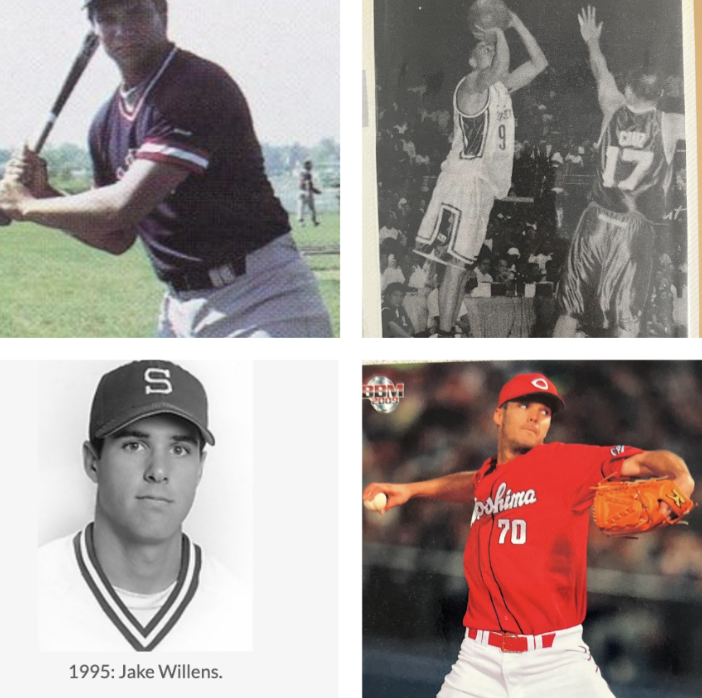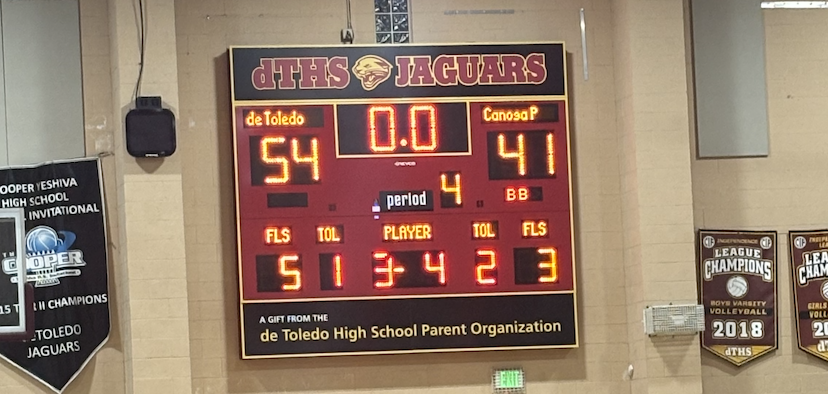Finding a Level Playing Field: Transgender Athletes Compete
NOTE: dTHS policy permits student athletes to compete according to their identified gender.
The opinions expressed in this article are the author’s own and do not necessarily represent the views of The Prowler.
Recently in sports, biological males have been able to compete in women’s sports. How is this fair? Not only are males born with additional muscle mass, but they benefit from more testosterone, which makes men statistically better at sports and events that require strength, power, and speed over shorter distances.
This question comes into context today as swimmer Lia Thomas has made her way to compete in women’s sports. Thomas competed on the University of Pennsylvania men’s team for three years, but after transitioning, she set multiple records on the women’s team. Her eligibility has created controversy due to the physical advantages she has over her competitors.
Some athletes argue that Thomas has an unfair advantage over her competitors. Nancy Hogshead-Makar, who won three Olympic gold medals in swimming, said that Thomas winning competitions like the NCAA Women’s Swimming & Diving Championships and breaking records are “feats she could never have done competing as a male athlete.”
As someone who is an advocate for women’s rights, I am upset for the women who have worked their whole lives to win the NCAA championship and now must compete with a transgender woman who has a different genetic makeup than the other women competing. It doesn’t make for fair competition for the rest of the women involved.
According to the NCAA policy, to become eligible to compete in the women’s division, transgender women are required to be on testosterone-suppressing drugs for 12 months. Testosterone is only one of the many factors which make biological men more athletically capable. In almost every athletic competition, men always outperform women.
While we want women’s sports to have equal athletic integrity, it’s hard to find a solution that creates an environment where women and transgender athletes can compete on a level playing field.































